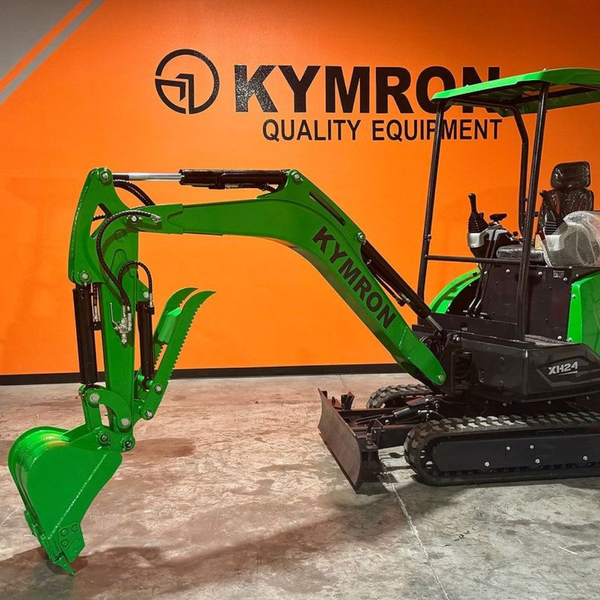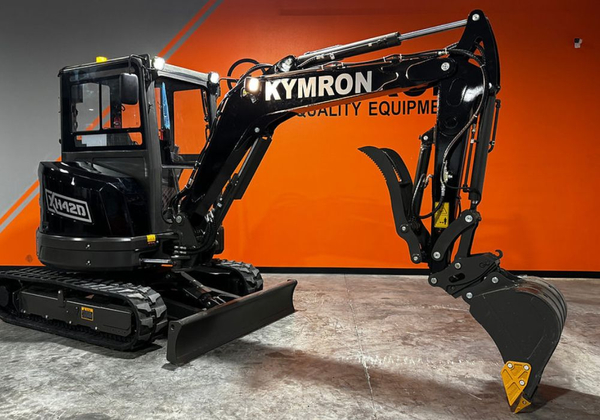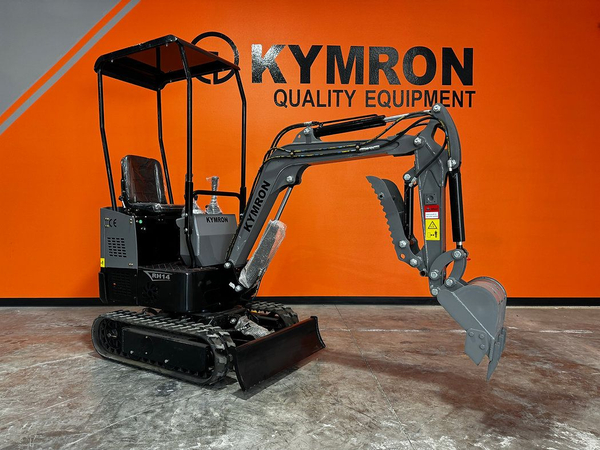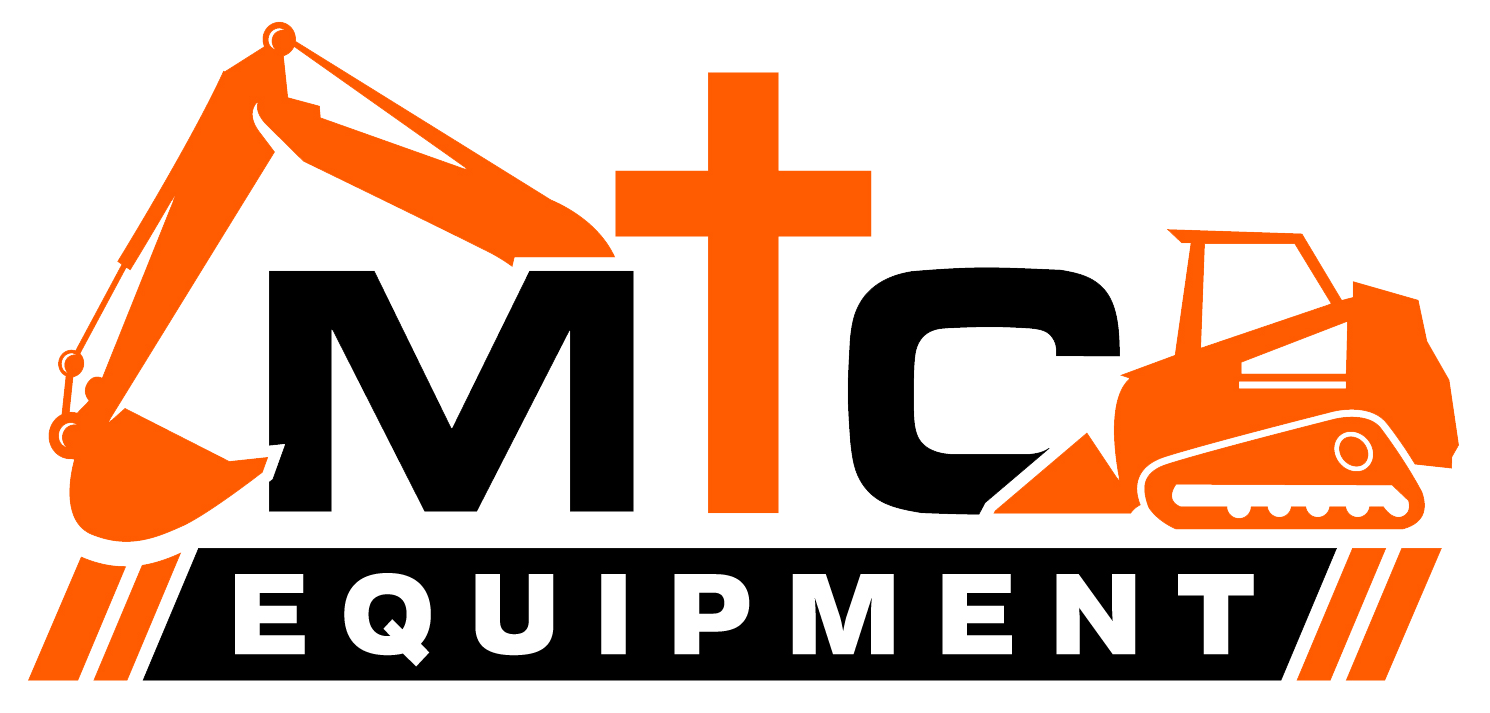Choosing the right excavator is crucial for the success of your construction or landscaping project. At M Cross C Equipment, we offer a diverse inventory of both mini and standard excavators to meet various project needs. This guide will help you understand the differences between these two types of excavators and determine which is best suited for your specific requirements.
Exploring Mini vs. Standard Excavators: Choosing What’s Best for Your Needs

Mini Excavators: Compact Power for Tight Spaces
Mini excavators, typically weighing between 1 to 4 tons, are designed for tasks in confined areas. Their compact size and maneuverability make them ideal for urban construction sites, residential projects, and landscaping tasks.
Advantages:
-
Maneuverability: Their small footprint allows them to operate efficiently in tight spaces where larger equipment cannot fit.
-
Versatility: Mini excavators can handle a variety of tasks, including digging, trenching, and demolition, especially when equipped with the appropriate attachments.
-
Lower Operating Costs: They consume less fuel and are generally easier to maintain, making them cost-effective for smaller projects.
Considerations:
-
Limited Power: Due to their size, mini excavators have less horsepower and may not be suitable for heavy-duty tasks.
-
Shallower Digging Depth: They have a reduced digging depth compared to standard excavators, which might limit their use in certain projects.

Standard Excavators: Heavy-Duty Performance
Standard excavators, ranging from 5 to 20 tons, are built for larger-scale projects that require more power and deeper digging capabilities. They are commonly used in commercial construction, road building, and extensive landscaping projects.
Advantages:
-
Greater Power and Reach: Standard excavators offer higher horsepower and deeper digging depths, making them suitable for demanding tasks.
-
Versatility: With a wide range of attachments, they can perform various functions, from lifting heavy materials to demolition.
Considerations:
-
Size and Weight: Their larger size requires more space for operation and transportation, which might not be feasible for smaller sites.
-
Higher Operating Costs: They consume more fuel and may have higher maintenance costs compared to mini excavators.

Making the Right Choice
When deciding between a mini and standard excavator, consider the following:
-
Project Scope: Assess the size and complexity of your project.
-
Site Constraints: Evaluate the space available for equipment operation.
-
Budget: Consider both the initial investment and ongoing operating costs.
At M Cross C Equipment, we provide a range of excavators to suit various project needs. Our team is ready to assist you in selecting the right equipment to ensure your project's success.
